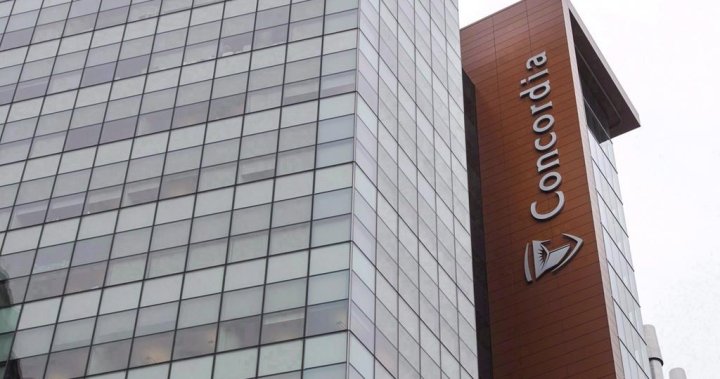On Friday, Montreal’s Concordia University officially apologised to Black communities for the harm done by institutional racism, particularly for the circumstances that gave rise to a significant student protest in 1969.
According to university president Graham Carr, it is past time and a requirement to proceed that the institution’s history of anti-Black racism be addressed.
The apology was delivered at a ceremony on the university’s downtown campus, when a final report on anti-Black racism was also presented. This report contained suggestions to aid the university in mending its links to the Black communities of Montreal.
In an interview, Carr expressed his hope that carrying out the recommendations would improve the university and make it a place where everyone, regardless of identity or background, had the chance to succeed.
When police attempted to remove the students using force, what became known as the Sir George Williams riot began as a peaceful occupation over anti-Black discrimination at the university. After students were forced to escape the building due to a fire, 97 of them were ultimately detained.
Sir George Williams University and Loyola College merged to establish Concordia in 1974. In its apology, Concordia recognises the brutality of some of those arrests and the long-lasting effects they had on many of the people involved.
According to Carr, “I hope that people who are still alive, who experienced those events, and subsequent generations of Black students, staff, and family members of the larger community who have been looking at the university will have a sense of satisfaction or understanding and be welcoming to the fact that the university has finally owned up to that history.”
The study is a means of giving Concordia’s Black communities a voice and recognising their objectives and experiences, according to Angelique Willkie, chair of the school’s task force on anti-Black racism.
“It is crucial that everything taking place at the institution reflects the significant issues and representation that are prevalent outside the campus. For me, it’s all about connecting them,” said Willkie, a professor of contemporary dance at the school.
She claimed that while the apology wouldn’t repair the harm, it would at least provide some consolation. The task group met with those directly affected by the events of 1969, she said, and the task force’s apology was one of its first recommendations.
The bulk of the people we spoke with were, to put it mildly, startled, she added. They had no idea that they would live to see this.
The apology acknowledges that institutional racism is still present in American higher education.
This also entails evaluating the long-term impact that systematic racism has on students and communities outside of the university, according to the statement. “We must be devoted to making sure institutional racism is addressed in order to prevent incidents like that of 1969 from happening again.
The university has committed to, among other recommendations, hiring a faculty member to head programme development in Black and African diaspora studies in the Canadian context, promoting Black perspectives in research as well as Black researchers, and establishing new ties with Black communities in order to continue the fight against anti-Black racism.
Concordia University in Montreal apologises to the Black community for its racist past

